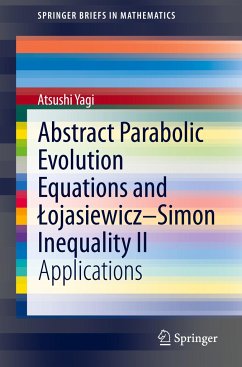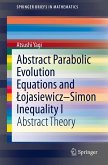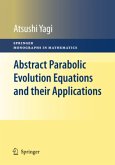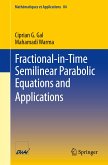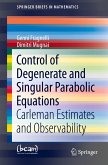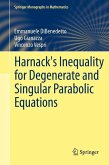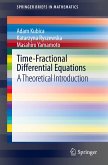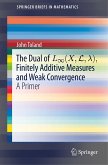This second volume continues the study on asymptotic convergence of global solutions of parabolic equations to stationary solutions by utilizing the theory of abstract parabolic evolution equations and the Lojasiewicz-Simon gradient inequality. In the first volume of the same title, after setting the abstract frameworks of arguments, a general convergence theorem was proved under the four structural assumptions of critical condition, Lyapunov function, angle condition, and gradient inequality. In this volume, with those abstract results reviewed briefly, their applications to concrete parabolic equations are described.
Chapter 3 presents a discussion of semilinear parabolic equations of second order in general n-dimensional spaces, and Chapter 4 is devoted to treating epitaxial growth equations of fourth order, which incorporate general roughening functions. In Chapter 5 consideration is given to the Keller-Segel equations in one-, two-, and three-dimensionalspaces. Some of these results had already been obtained and published by the author in collaboration with his colleagues. However, by means of the abstract theory described in the first volume, those results can be extended much more.
Readers of this monograph should have a standard-level knowledge of functional analysis and of function spaces. Familiarity with functional analytic methods for partial differential equations is also assumed.
Chapter 3 presents a discussion of semilinear parabolic equations of second order in general n-dimensional spaces, and Chapter 4 is devoted to treating epitaxial growth equations of fourth order, which incorporate general roughening functions. In Chapter 5 consideration is given to the Keller-Segel equations in one-, two-, and three-dimensionalspaces. Some of these results had already been obtained and published by the author in collaboration with his colleagues. However, by means of the abstract theory described in the first volume, those results can be extended much more.
Readers of this monograph should have a standard-level knowledge of functional analysis and of function spaces. Familiarity with functional analytic methods for partial differential equations is also assumed.

